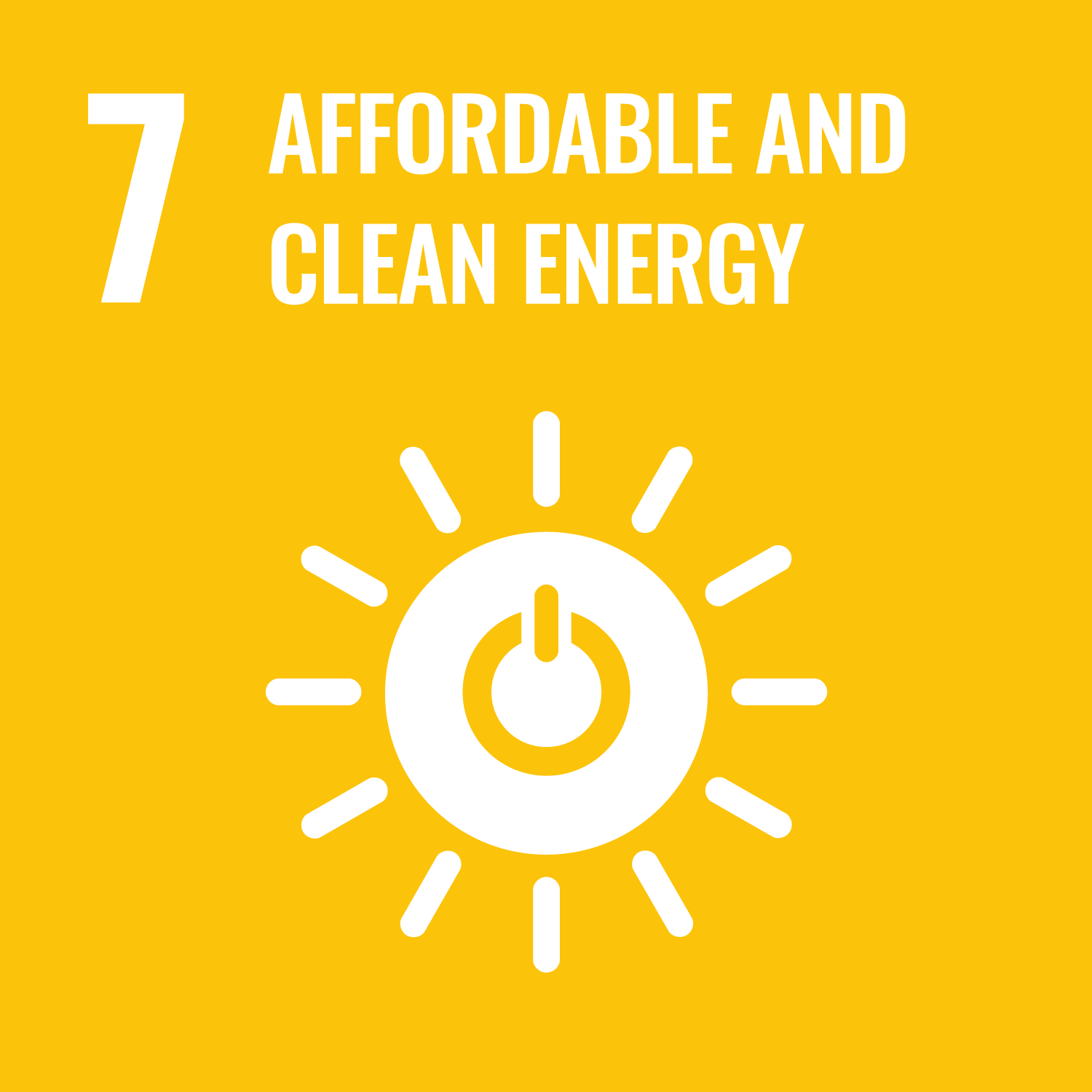ORCID
- Martyn Hann: 0000-0003-3965-9331
- Keri Collins: 0000-0002-7728-5441
- Daniel Conley: 0000-0001-6822-5386
- Deborah Greaves: 0000-0003-3906-9630
Abstract
The present study aims at providing more data and insights for the hinged type WEC, especially focusing on the two-body hinged raft WECs. Two WECs are considered: a well-studied generic hinged raft WEC (G-HRWEC) and a 1:25 scale designed hinged raft WEC (D-HRWEC). The open-source tool WEC-Sim is employed in numerical studies. Referring to the published numerical data for G-HRWEC, corrections are proposed to the WEC-Sim model which are shown to realise the ability of WEC-Sim to model the two-body hinged WEC. For the 1:25 scale D-HRWEC, the physical results show that the relative hinge motion between the rafts is predominately linear under small waves, but significant nonlinearities like viscosity, submergence and overtopping exist under large oscillations. The updated WEC-Sim model is used to simulate this D-HRWEC and is validated with experiment data, showing good representation of the nonlinear behaviour observed in physical experiments with low computation expense. Annual average power of ∼83 kW is predicted for the D-HRWEC in full scale at EMEC site, using the validated WEC-Sim model. The power performance of D-HRWEC is shown to be dependent on the wave steepness. The updated WEC-Sim is provided and can be directly used to model any two-body hinged WECs dominated by linear hydrodynamics. For realistic devices, representative nonlinear terms need to be carefully identified via physical data or computational fluid dynamic simulations and then added into the updated WEC-Sim to improve the modelling accuracy. Following the theory and method given in this work, the updated WEC-Sim for two body hinged raft WEC can be re-developed to extend the WEC-Sim application for WECs or platforms with numbers of hinge connections.
DOI Link
Publication Date
2023-01-01
Publication Title
Ocean Engineering
Volume
267
ISSN
0029-8018
Acceptance Date
2022-11-24
Deposit Date
2023-02-24
Embargo Period
2023-12-05
First Page
113286
Last Page
113286
Recommended Citation
Jin, S., Wang, D., Hann, M., Collins, K., Conley, D., & Greaves, D. (2023) 'A designed two-body hinged raft wave energy converter: From experimental study to annual power prediction for the EMEC site using WEC-Sim', Ocean Engineering, 267, pp. 113286-113286. Available at: 10.1016/j.oceaneng.2022.113286


